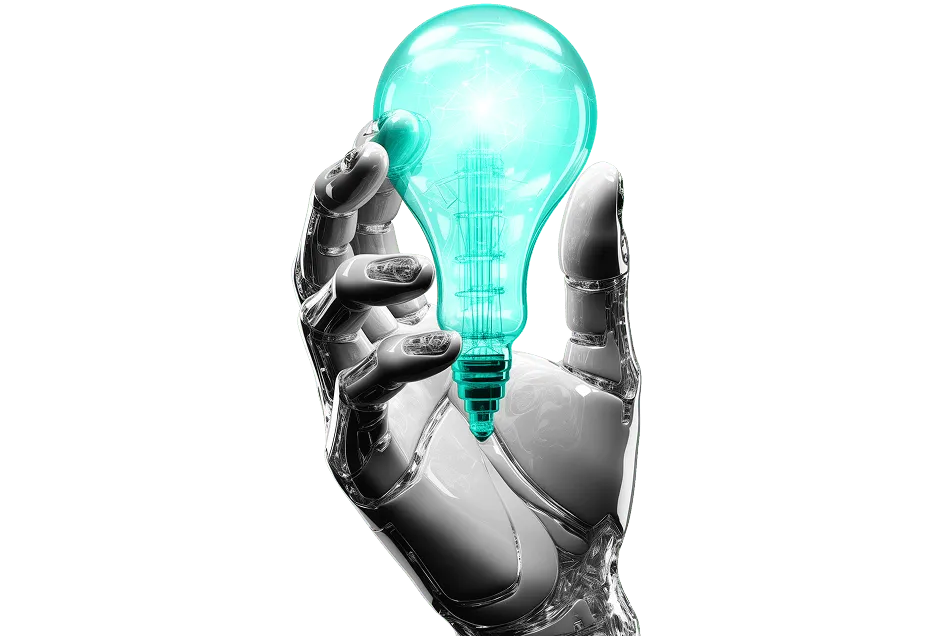Generative AI-Powered HR Functions: A Quantum Leap into Talent Optimization
Generative AI is set to reshape HR functions. HR professionals have an opportunity to reinvent their roles that has exciting prospects.
81% of HR leaders have considered artificial intelligence (AI) solutions to improve process efficiency. CHROs must understand the benefits and value of AI solutions and make plans for how AI will impact HR functions and the workforce.
Generative AI can impact various HR functions as mentioned in the below infographic:

The Integrated Operations & Functions of Generative AI-Powered HR
In today’s competitive labor market, HR faces challenges like turnover, workforce stress, and the need for internal reskilling. Systemic HR integrates previously independent functions.
While HR data is scattered across systems, hindering quick decision-making, Generative AI promises integration, addressing the need for consolidated data.
HR confronts the dual challenge of expanding services while simplifying processes, as an overwhelmed workforce operates at full capacity. And so, AI is pivotal in streamlining tasks and reducing administrative burdens.
As HR evolves, teams shift from traditional support roles to becoming creators, developers, and consultants. This aligns with Generative AI’s capabilities, making it a natural fit for the multifaceted challenges HR teams encounter.
In essence, Generative AI emerges as the optimal solution for the evolving roles and dynamic demands of HR in the modern workplace.
Upskilling/Reskilling HR Professionals for the Generative AI Era
HR professionals need expertise in AI concepts, data analysis, and critical thinking to maximize the benefits of Generative AI. This includes interpreting AI-generated outputs, ensuring ethical practices, and maintaining a human-centric approach in decision-making.
Leveraging Generative AI tools enables HR professionals to optimize their time, enhancing efficiency in administrative tasks and effectiveness in intensive work. These tools efficiently produce initial drafts of policies, saving valuable time for editing.
In areas like hiring, AI streamlines processes by generating personalized candidate outreach messages instantly, or by analyzing resumes and social media profiles to streamline recruitment.
Cultivating data literacy includes learning analysis techniques and using visualization tools.
HR professionals adopting these tools early will stay ahead as Generative AI becomes integral to every system. They can enhance skills with online courses, workshops, and hands-on projects.
The below infographic describes the renewed workload of a talent acquisition professional.

Best Practices for HR to Leverage Generative AI
Generative AI is a powerful tool with extensive research capabilities. Besides enhancing processes, it plays a vital role in strategic workforce planning.
Key considerations for HR professionals when incorporating Generative AI:
- Define objectives and identify areas where AI can add value.
- Monitor AI-generated outputs for biases and ensure fairness.
- Balance automation and human involvement
- Ensure data privacy and security
- Communicate to employees about AI integration.
Continuous learning is vital to staying current with AI developments and optimizing their application in HR operations.
AI can be valuable in talent pool and competitor analysis. HR can gain insights into potential candidates’ skills, experiences, and qualifications using AI-powered algorithms.
AI can provide insights into the talent acquisition efforts of other organizations. HR can use this knowledge to understand market trends, identify potential threats, and adapt recruitment strategies accordingly.
Oracle’s recent addition of Generative AI features to its HR software, assists in drafting job descriptions and track employee performance goals.
The organization has plans for further expansion with AI assistant generating text for human approval, signaling a shift toward enhanced efficiency in HR tasks.
Navigate Emerging HR Trends with Generative AI
Emerging trends at the intersection of Generative AI and HR encompass AI chatbots for employee engagement, AI-powered virtual reality training, sentiment analysis for performance evaluations driven by AI, and natural language processing for candidate screening.
In the era of Generative AI, HR professionals face significant implications. Enhancing their understanding of AI concepts, data analysis, and critical thinking is crucial.
Leveraging Generative AI for recruitment, training, evaluation, and engagement requires a mindful approach encompassing ethics, data protection, automation-human balance, and ongoing learning.
HR leaders play a pivotal role in fostering efficient and responsible Generative AI use by staying informed, promoting collaboration, and maintaining a human-centric focus.
In a landscape where 72% of companies harness AI for talent management, the integration of a powerful Talent Intelligence platform like Draup into the HR Tech Stack becomes indispensable.
The HR team can use Draup for Talent to upgrade their capabilities for
- Impactful HR initiatives.
- Effective talent acquisition and workforce plannin
- Evading uncertainty and future-proofing the HR function
Draup conducted an analysis of the emerging Generative AI skills in the HR industry and its impact. The report analyzes the skills required to deploy Generative AI in their upgraded HR roles.
It provides insights into use cases in L&D, talent acquisition, workforce planning, people analytics, and employee relations. It also defines how HR professionals can upskill to future roles with course sequencing.










.svg)




















.svg)





.svg)
